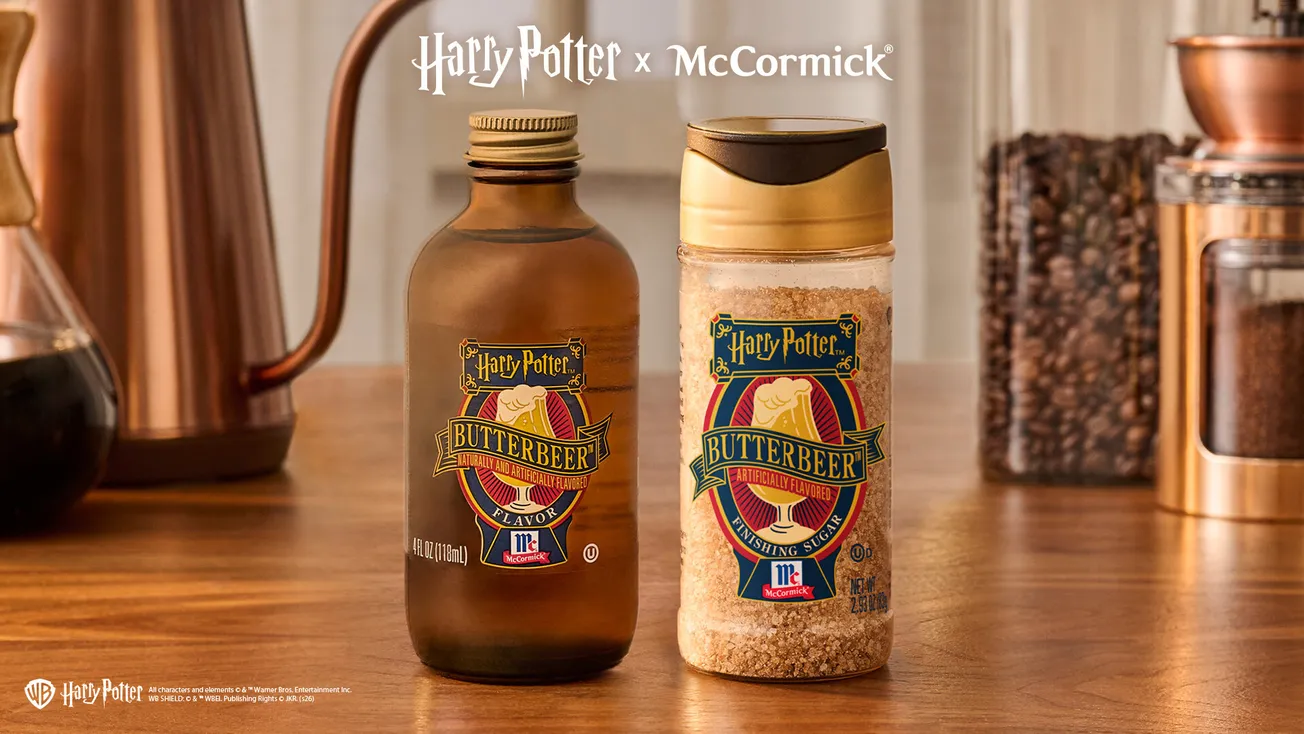Not only do more than two-thirds of Americans take vitamins and dietary supplements, but the vast majority also trusts in them, according to research by the Council for Responsible Nutrition (CRN).
The 2015 CRN Consumer Survey on Dietary Supplements, conducted by Ipsos Public Affairs, found that 68% of the more than 2,000 U.S. adults polled take dietary supplements, and 84% are confident in the safety, quality and effectiveness of supplements.
The vitamins and minerals category had the highest usage. Of those surveyed, 98% said they take vitamins and/or minerals, compared with 45% for specialty supplements, 31% for herbals and botanicals, and 25% for sports nutrition and weight management.
Between 2014 and 2015, use of vitamins and minerals and specialty supplements remained steady, while use of herbal/botanical products and sports nutrition/weight management products grew by 5% or more in 2015.
The top five vitamins and mineral supplements by usage were multivitamins (78%), vitamin D (32%), vitamin C (27%), calcium (24%) and vitamin B/B complex (18%).
Among specialty supplements, the most cited items in terms of usage by survey respondents included omega 3/fatty acids (19%), fiber (13%) and probiotics (12%).
Protein (14%), energy drinks/gels (8%) and hydration drinks/gels (5%) were the most used products in the sports nutrition and weight management segment. The top herbal/botanical products by usage were green tea (12%), cranberry (8%), and garlic and ginseng (6%).
In terms of confidence, vitamins and minerals came out well on top among supplement categories, with 85% of respondents expressing confidence in their in safety, quality and effectiveness. Yet there was a noticeable drop-off in confidence for the other categories: specialty supplements (63%), herbals/botanicals (60%) and sports nutrition/weight management (56%).
The survey found similar percentages of overall usage of supplements between men and women of younger generations (Generation X and Generation Y). However, CRN noted, there appear to be larger gaps in overall usage between men and women of older generations — those considered “boomers” or “elders” — as women reported noticeably higher levels of supplement use.









